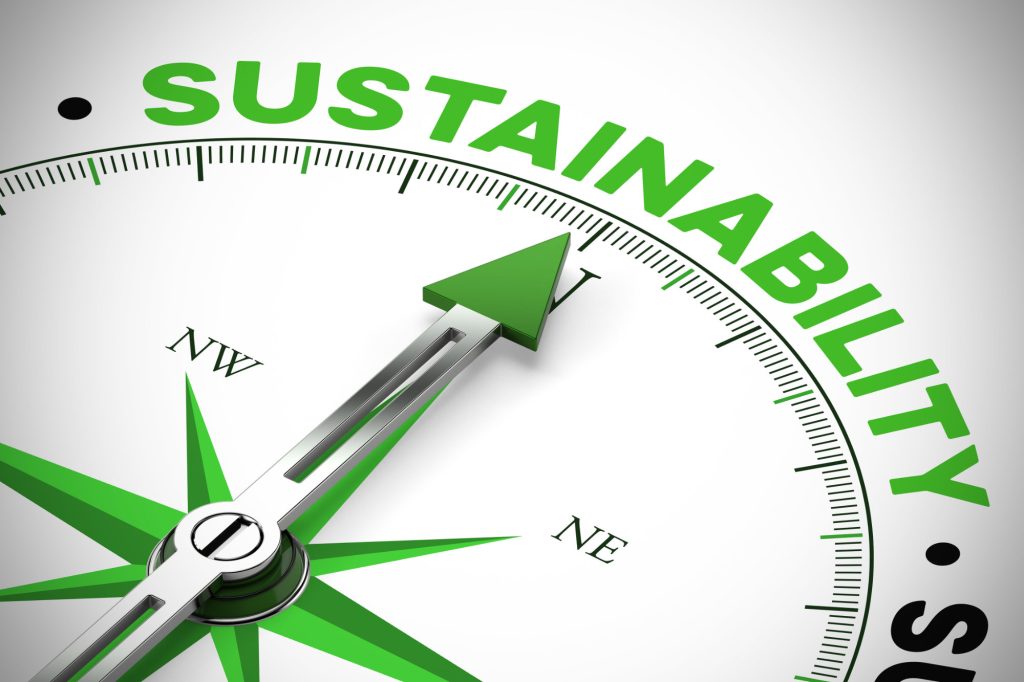
Sustainability – February 2023
Are you competent to tackle the broad topic of sustainability? As an individual? As a team? As a business? In exactly the way one cannot simply expect someone to act safely without the commensurate level of skill, the same applies to sustainability. It is not enough to employ a sustainability manager. They will not be in every conversation, present at every decision-making point or able to write in every tender. For serious progress on sustainability, there needs to be a full integration into the business and that requires competence and confidence building.
Like all things in business, a sustainability strategy needs to be properly defined and led. Having some external help on this is a good idea – this is not shameless self-promotion, it really is a good idea. However, it is not a substitute for developing your own knowledge and capability. There are some outstanding learning and development opportunities for leaders from short courses to immersive experiences. I recommend looking at Cambridge Institute for Sustainability Leadership and Cranfield University – neither are cheap but both are outstanding. Every businessperson I have met who has attended either of these centres of learning has literally had their thinking transformed. This is an investment not a cost.
Operationally, sustainability knowledge development is no less important but harder to deploy. If one was to use a popular and effective search engine to look for ‘sustainability and quarrying training’ for example, they would be underwhelmed. They, after scrolling past the paid promotions, would find some HSE courses and the odd basic environmental management product but nothing on carbon management, social value, circularity and only a limited offer on biodiversity. That is both amazing and sad in equal measure. The offer is not there because the demand is clearly absent. This of course makes no sense when you see the strident sustainability objectives being pursued by companies in the sector, both large and small.
So perhaps this is a chicken-and-egg scenario. I therefore lay out a challenge to both the supplier and customer. To the professional bodies, there is clearly an opportunity to develop specific content to assist operational managers to help their employers reach net zero and other significant sustainability commitments. Creating the thinkers and leaders of the future in this respect is pretty much a moral obligation and an essential part of mineral products professional development in my view. To the mineral product companies, have you considered the type of talent you need to take your business forward into a new world of evolving expectations and sustainable outcomes? If you haven’t perhaps you should.
While we wait for something to happen in this space, I can recommend The Supply Chain Sustainability School. Free at point of use for suppliers to the Tier 1 contractors, it has a wealth of learning resources which, although generic and not specifically for mineral products production, are of high quality and really worth engaging with.





